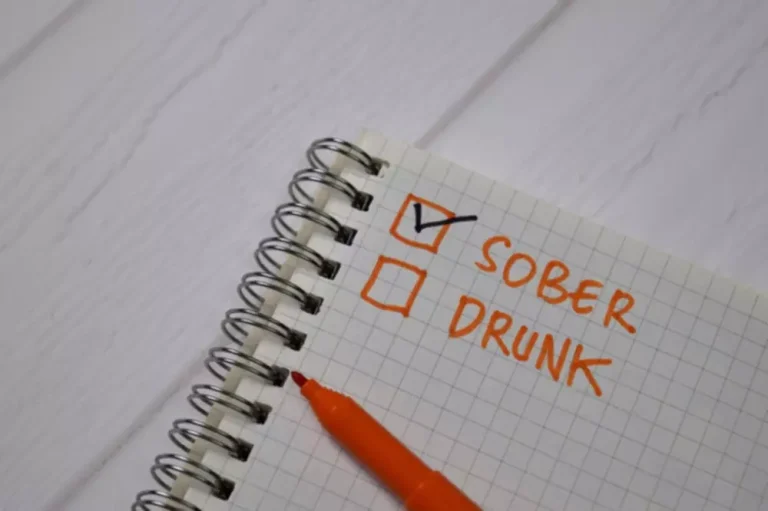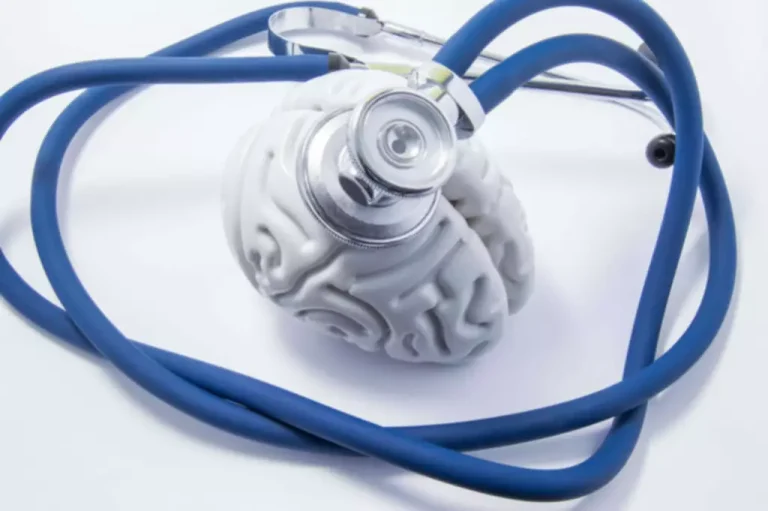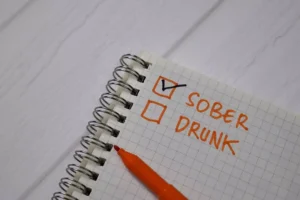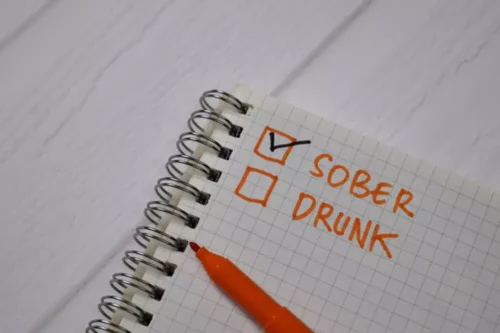
This rapid absorption results in a faster onset of effects, but it might also mean a shorter duration compared to other methods like edibles, which the digestive system processes differently. The time marijuana stays in your system depends on multiple factors, including frequency of use, metabolism, and type of drug test. Urine tests can detect THC metabolites for weeks, while blood and saliva tests detect more recent use. Marijuana is stored in your body’s fat cells, and in regular users, the build-up leads to longer detection times (Moeller et. al., 2017).


When you’re stressed or anxious, your ECS works to bring your body back to a calm, balanced state. However, sometimes it needs a little extra help—this is where CBD comes in. In this guide, we’ll break down how CBD works for the most prevalent mental illnesses like anxiety, what scientific studies say about dosage, and how to find the amphetamine addiction treatment right amount for you.

Smoking marijuana gets THC into your blood fast, leading to shorter detection times. Edibles, on the other hand, take longer to start showing up in tests. But, they can stay detectable longer because of the metabolites in your system. This article delves into the nuances of THC detection times, highlighting the importance of being informed. By recognizing how your habits and body interact with marijuana, you can make better choices for yourself. We also outline effective detox strategies, such as staying hydrated and incorporating exercise, which can help speed up the elimination process.
But if it’s too late for that, is there any way to get traces of marijuana out of your system faster? We’ll go over two common methods of “flushing” THC and if they work. This study did have a limited number of cannabis users (22, based on urine results), though, so it should be taken with a pinch of salt. Another piece of research with 25 participants (Desrosiers et. al., 2014) found that THC-COOH was still detectable (at 1 ng/mL or more) after 30 hours. However, they did not measure beyond 30 hours to find the last negative result time. Blood testing for cannabis is more useful how long does marijuana stay in your system for catching recent use, like saliva.
Each method has its own time frame for excretion, detectable in saliva, urine, and hair tests. This highlights the need for accurate detection methods in different situations. Real-world examples illustrate the differences in identification times between regular and occasional users. Frequent users often face longer identification periods due to THC accumulation in body fat, while infrequent users may eliminate THC more quickly. With more research now showing that CBD dosage for anxiety varies from person to person, the next step is understanding how to find the perfect dose for you.
In a world where cannabis use is becoming increasingly normalized, it’s important for users to understand how long marijuana can be detected in the body. This knowledge is crucial for navigating employment and legal situations. Detection times can vary significantly depending on factors such as how often you use cannabis, the method of consumption, and the type of drug test being administered. For example, occasional users might clear THC from their systems within just a few days, while regular users could face detection windows that extend beyond a month.

But in general, if you use weed just one time, tests might detect THC for up to 72 hours (three days) afterward. Different consumption methods affect how THC is metabolized and stored. For example, edibles may lead to a more prolonged presence of THC compared to smoking.
Some instructions also require you to take the concoction a day or two before as well. It’s no wonder “how to clean your urine” is one of the most frequently-searched terms online. Urine tests are favored by employers because they are relatively cheap and they have one of the longest detection periods. Other research found that THC stayed in the system of infrequent users for hours. Detectable amounts were seen up to 12 days after THC exposure in more frequent users. The difference between occasional users and frequent users can be vast.
But someone who uses it every day could have it for up to 30 days or more. Understanding the marijuana half-life helps us deal with the challenges of weed presence in blood and other tests. Biological and use-case factors dictate how long cannabinoids remain detectable. How long THCA stays in your system depends on factors like metabolism, frequency of use, and overall health. And, unlike its more widely-known derivative, THC, THCA (tetrahydrocannabinolic acid) is a non-psychoactive cannabinoid that only converts into THC when exposed to heat. In terms of how long a marijuana high lasts, in general, a smoked or vaped high lasts 1-4 hours and a high from edibles lasts 4-10 hours.
12 de agosto de 2022
Publicado en: Sober living